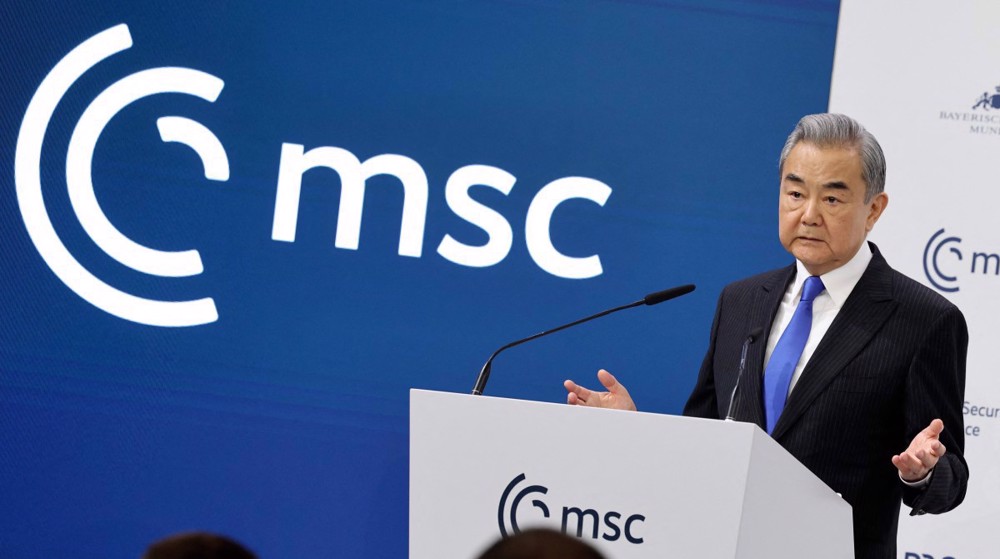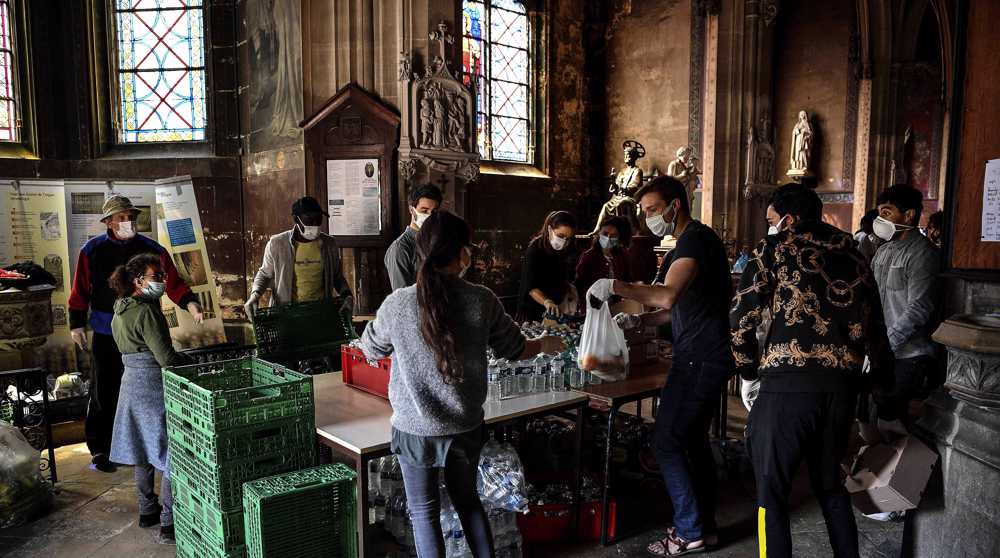WHO refutes Wuhan lab claim about coronavirus origin
A team of experts from the World Health Organization (WHO) investigating the origins of the COVID-19 pandemic have dismissed a controversial theory that the virus leaked from a laboratory in the Chinese city of Wuhan.
The WHO fact-finding mission, which has been in China over the past two weeks to probe the origins of the pandemic, announced during a media briefing on Tuesday that the possibility of the virus having leaked from a lab was “extremely unlikely” and did not require further study.
Peter Ben Embarek, the head of the WHO team, said Beijing had granted “full access” to all sites and personnel they had requested to conduct a comprehensive investigation.
The WHO fact-finding mission arrived in Wuhan last month and visited key sites, including the Huanan seafood market, the location of the first known cluster of infections, as well as the Wuhan Institute of Virology, which was said by some to have been the actual origin of the virus.
The institute and the Chinese government had already rejected the allegation.
Since the outbreak of the epidemic, the origin of the new coronavirus has been widely discussed online, and conspiracy theories have emerged around it.
The pandemic became a political tool at the hands of former US president Donald Trump, who routinely called the pathogen “the Wuhan virus.”
Trump and his associates also claimed that there had been evidence that Beijing created the new coronavirus in the medical lab in the Chinese city, even though the US intelligence agencies said they had seen no such evidence.
The coronavirus pandemic has so far claimed the lives of nearly 2,341,000 people and infected well over 107,147,260 across the world.
The WHO team also said there had been no indication of the transmission of the new coronavirus in Wuhan before December 2019, when the first official cases of COVID-19 were recorded.
“In trying to understand the picture of December 2019, we embarked on a very detailed and profound search for other cases that may have been missed, cases earlier on in 2019,” said Embarek.
“And the conclusion was we did not find evidence of large outbreaks that could be related to cases of COVID-19 prior to December 2019 in Wuhan or elsewhere,” he added.
Embarek also said the team had not identified an animal source and that the virus could have been circulating in other regions before it was identified in Wuhan.
Speaking alongside Embarek, head of China’s expert panel on the outbreak, Liang Wannian, also said that early data suggested that the coronavirus could have been circulating for “several weeks” before it was identified in Wuhan.
“This indicates the possibility of the missed reported circulation in other regions,” Liang said, adding that there was “no evidence” to suggest the virus had been spreading in Wuhan before December 2019.
Lebanon’s parliament speaker urges pressure on Israel to stop ceasefire violations
UK government asked not to release Mandelson emails on Epstein: Report
VIDEO | Gaza Ramadan initiative
Hillary Clinton slams Trump for ‘betraying the West and NATO’
UN Staff group defends Francesca Albanese, condemns European ministers’ ‘vitriolic’ accusations
Full intelligence oversight maintained over Strait of Hormuz: IRGC Navy Commander
Sheikh Qassem: Hezbollah does not seek war, but will never surrender
Hamas slams Israel's plan to expand East al-Quds boundaries


















 This makes it easy to access the Press TV website
This makes it easy to access the Press TV website